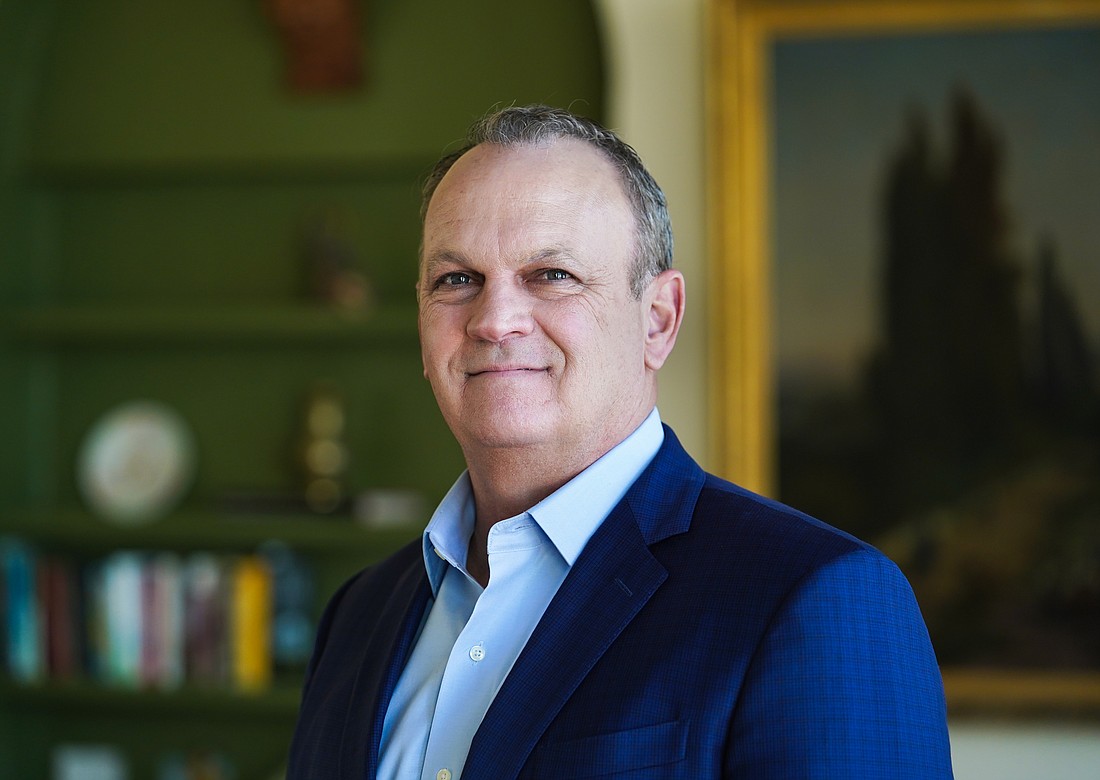- December 13, 2025
-
-
Loading

Loading

During Richard Corcoran’s eight years in Florida electoral politics, including a stint as Florida House Speaker, he worked fast and went bold. A fitting strategy for a father of six comfortable quoting Steve Jobs and Winston Churchill in the same conversation.
As Florida speaker in 2017 and 2018, Corcoran, among other battles, led moves to significantly shrink the budgets of Enterprise Florida and Visit Florida — jobs and tourism agencies championed by then Gov. Rick Scott. The political titans, both Republicans, got into some punchy verbal squabbles back then. Scott questioned Corcoran’s motives. Others considered it a typical Tallahassee power play.
In a January 2017 interview with the Business Observer, Corcoran said the arrows were worth it because he was taking on the status quo. “They teach you in law school,” he said, “that when you're right, pound the facts, and when you're wrong, pound the table.”